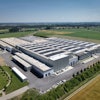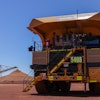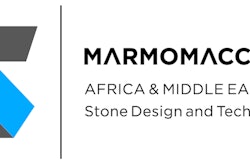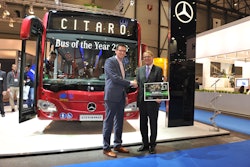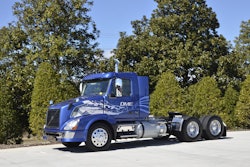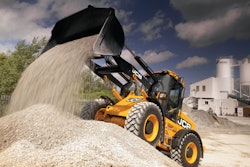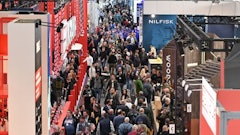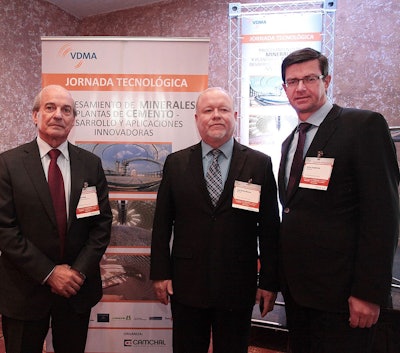
“Brazil, Peru and Chile are markets our industry will have to see to more – we definitely need to catch up here,” Lothar Jungemann, Managing Director at ThyssenKrupp Resource Technologies AG’s cement division and Leader of the VDMA delegation, said during the road show “Cement + Minerals.”
This road show was organized by the association on construction equipment and building material machinery, which is part of VDMA, together with seven of its member companies and was held in these countries from May 2 to 10, 2013.
In 2012, Latin America represented 7.6% of all exports done by German manufacturers of mining machinery (equaling 5.78 billion euros). With this, these markets only ranked fifth among the biggest export countries – following Russia, Australia, the U.S. and China.
Especially in Brazil, the entire economy, but particularly the cement and minerals industry, is currently experiencing a boom. Basic building materials extracted there are processed directly within the country – meaning good opportunities for German mechanical engineering to present and offer their solutions in secondary breaking, thermal treatment, feeding and screening technology, logistics in the cement industry as well as laboratory techniques there.
Brazil was the German technology providers’ last stop of this road show through three South American countries. More than 150 interested people took part in the events at Sao Paulo and Belo Horizonte, among them representatives of associations, but particularly local cement manufacturers and mine operators, who were interested in getting first-hand information on German technology. They were particularly keen on talking directly to the German experts about their special local requirements and challenges.
The symposia on technology held in Lima and Santiago de Chile even saw as many as 200 and 100 participants, respectively, although both countries do not belong to the top markets, considering their overall economic performance. However, Peru’s and Chile’s mining industry are currently flourishing. This part of the industry has to urgently invest in modern technology in order to be better equipped to convey more material more efficiently.
“We were hoping to convince investors by our modern technology and the increase in efficiency and quality these can provide - and we certainly managed this during this journey,” Jungemann asserted. “We have been able to establish some very good new business contacts as well as intensify those that had already been in place.” Currently also the Instituto de Ingenieros de Minas del Perú (IIMP) and the Technical University of Freiberg are discussing possibilities to cooperate. As for Chile, the German companies are hoping that the agreement on cooperation with regard to raw material, which Germany and Chile have just entered in, will have positive effects on the market.
Apart from ThyssenKrupp, Dr. Reinhold Festge of Haver & Boecker, who is also the chairman of the Latin American Initiative by the German Economy (LAI), and Prof. Dr. Holger Lieberwirth of Technical University of Freiberg as well as representatives of Loesche, Christian Pfeiffer, Claudius Peters, Toni Technik and FLSmidth Pfister took part in this road show. They all came to the same conclusion, thinking that the road show was a successful event all-round and hope to see these activities continued in the future.

